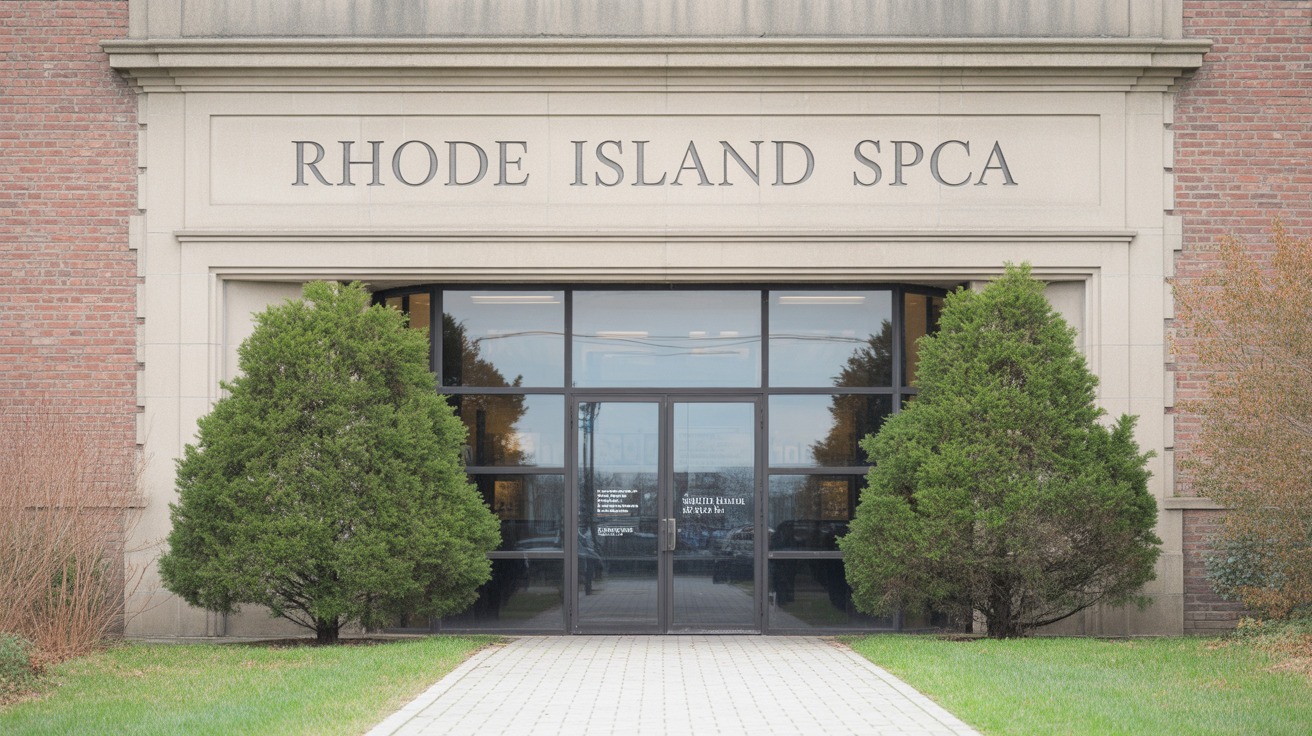Are Retriever Lab Mix Dogs a Good Choice for Pet Owners?
Retriever Lab mixes—often referred to as Goldadors—are a cross between two of the most beloved dog breeds: the Golden Retriever and the Labrador Retriever. These dogs tend to inherit the best traits from both parent breeds, making them highly desirable among families, individuals, and even professionals seeking service animals.
Why Retriever Lab Mixes Are Popular
The popularity of the Retriever Lab mix isn't surprising. Both Labradors and Golden Retrievers are among the top-ranking breeds recognized for their affable personalities and high trainability. When combined, their offspring often boast a unique blend of exceptional qualities.
- Temperament: These dogs are known for being gentle, loyal, and affectionate. They're typically very social and enjoy interacting with people and other animals.
- Intelligence: Both parent breeds are highly intelligent, and their hybrid offspring inherit this trait. This makes them easy to train and well-suited for obedience tasks.
- Energy Levels: Goldadors are energetic and require regular physical activity, which makes them great companions for active families or individuals who enjoy the outdoors.
- Adaptability: Whether you live in a house with a yard or an apartment, as long as they get their exercise, Retriever Lab mixes can adapt well to various living environments.
- Service and Therapy Work: Because of their intelligence and gentle nature, many Goldadors are used as guide dogs, therapy animals, or in search and rescue missions.
Training and Socialization
Retriever Lab mixes are exceptionally trainable. They respond well to positive reinforcement techniques and are eager to please their owners. Early socialization is essential to ensure they develop good manners and are comfortable in various environments.
- Puppy Training: Start training early to instill basic commands and social behaviors.
- Ongoing Mental Stimulation: Since they're highly intelligent, Goldadors thrive on mental challenges like puzzle toys and obedience games.
- Consistency: Being consistent with commands and rules helps set boundaries and encourage good behavior.
Health Considerations
As with any mixed breed, Retriever Lab mixes may inherit health issues from either parent. Common concerns include:
- Hip and Elbow Dysplasia: Common in large breeds, leading to joint discomfort with age.
- Ear Infections: Due to their floppy ears, they are prone to infections if not regularly cleaned.
- Obesity: Monitor their diet and provide regular exercise to prevent weight gain.
- Eye Conditions: Conditions like cataracts may develop later in life.
Routine vet visits, a nutritious diet, and sufficient exercise can help mitigate many of these issues and ensure a long, healthy life.
Ideal Living Environment
Retriever Lab mixes are highly adaptable but do best in households where they receive plenty of attention and activity. They are ideal for:
- Families with Children: Gentle and patient, they get along well with kids.
- Active Individuals: Useful companions for hiking, jogging, and other outdoor activities.
- Homes with Yards: Having a yard is advantageous but not essential if daily walks and play are provided.
Grooming and Maintenance
The grooming needs of Goldadors depend on which parent's coat traits are more dominant, but they usually have a dense double coat that requires regular maintenance.
- Brushing: Brush a few times a week to reduce shedding and tangling.
- Bathing: Bathe as needed, generally once a month or when dirty.
- Nail Trimming: Keep nails neatly trimmed to prevent discomfort.
- Dental Care: Brush their teeth regularly to promote oral health.
Lifespan and Cost
Retriever Lab mixes have an average lifespan of 10–15 years, depending on genetics and lifestyle. The cost of owning one includes initial adoption or purchase fees, food, grooming supplies, toys, vet bills, and possible training classes.
Conclusion
If you're looking for a friendly, intelligent, and versatile canine companion, a Retriever Lab mix may be an ideal choice. Their pleasant temperament, coupled with their ability to learn quickly and adapt to different environments, makes them a suitable pet for many types of owners. With the right amount of care, attention, and love, these dogs can be lifelong companions who enrich any home they become part of.





